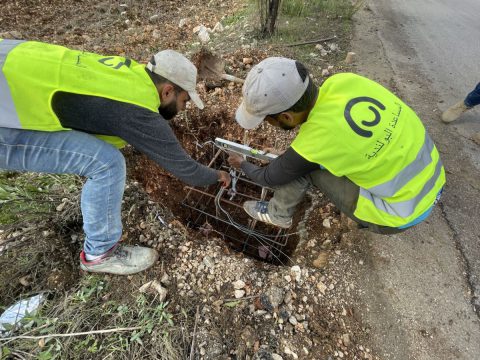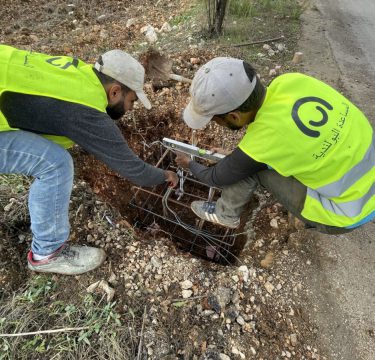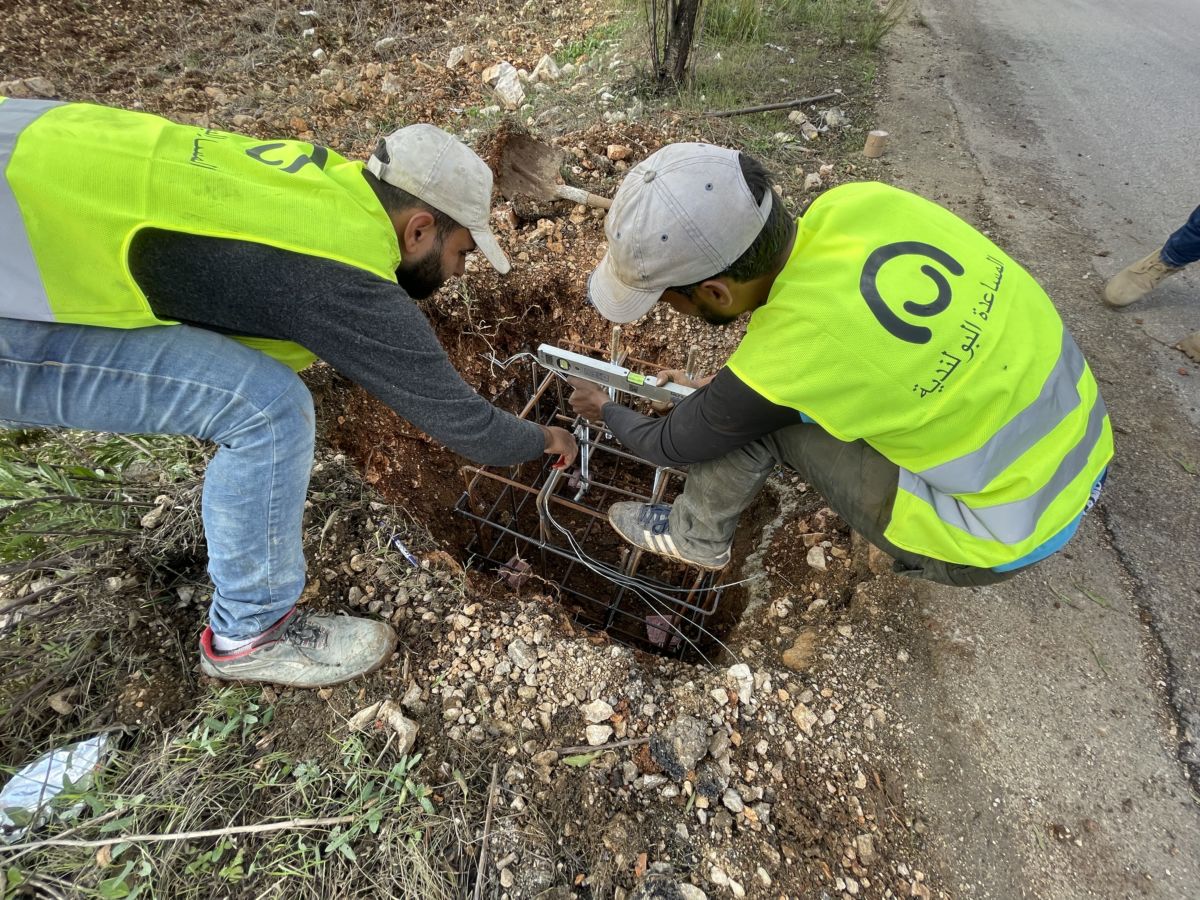The authorities and residents of the Lebanese capital are beneficiaries of the ‘Cash for Work’ program implemented in Beirut by PCPM



The public works program a ran by the Polish Center for International Aid (PCPM) in Lebanon in cooperation with local governments and provides short-term employment for residents of the regions covered by the project. The activities require a significant amount of work before the selection for implementation – works primarily related to the drainage system and road maintenance.
In Lebanon, which is experiencing an enormous economic crisis, the activities of local governments are severely underfunded, and municipalities lack funds to carry out their tasks. The public works program run by PCPM supports the construction and municipality infrastructural maintenance improving the living conditions of local communities. In addition, it is often the only source of income for many families due to the economic collapse.
Projects conducted from the ‘Cash for Work’ program implemented in the Akkar province in the north of the country are significant for Lebanon. In the towns of Kobayat, Katlabe, and Fnaideq, PCPM supports the construction of a water supply system, a sewage system, and a sewage treatment plant. The importance of these water-related investments rises as in October 2022, the first case of cholera in Lebanon, a disease resulting, from drinking dirty water, among others.
The ‘Cash for Work’ program works properly also in the Lebanese capital. Hiring inhabitants of Beirut for public works refer to the revitalization of the electricity network, care, and planting of urban greenery, renovation of the fire brigade department building, sewing masks, and reusable bags.
In one of the poorest districts of Beirut – Bourj Hammoud – PCPM revitalized a local street with solar lamps, electrical wires, and street surface revitalization. These types of projects increase the safety of residents, improve the comfort of their lives, and increase the value of the real estate. Locals also learn to care for public property.
‘It’s safer because the street lights are on at night. Neighbors from other streets see this difference. They say they would also like such changes in their street. There is also no garbage on the street, although it has always been lying here – I think we have learned that this is our common street, and we have to take care of it together. Our people carried out the renovation works, and they received money for it, but now they also make sure that no one is littering or destroying what we built together. Without the help from Poland, the living conditions here would still be bad’ – says Hassna Meraabi, a resident of one of the streets revitalized by PCPM.
Representatives of the local municipal authorities additionally emphasize the high efficiency and high value of the aid offered to them by the Polish Center for International Aid.
‘I want to emphasize that compared to other NGO organizations, PCPM stands out with great flexibility in its approach to meeting our needs. Other aid organizations come to us with ready-made solutions and ideas, based on ‘taking what we give or nothing’. PCPM first listens to our needs and then prepares a project of action and help. Thanks to this program, the help effectiveness and the spending rate are much greater than the help provided to us by people who have never been here. (…) This applies to e.g. renovation projects and creating local infrastructure. Installing lighting on the streets, securing hundreds of meters of electrical wires that caused a risk of fires, or installing solar panels in the fire station’ – says George Krikorian, a representative of the Bourj Hammoud district in Beirut.
In addition to the ‘Cash for Work’ program, the Polish Center for International Aid helps Lebanese and Syrian refugees through the ‘Cash for Rent’ program and by economic activation of the Lebanese.
For ten years of the mission of the Polish Center for International Aid in Lebanon, in the years 2012-2021, PCPM has implemented over 40 aid projects worth USD 95 million. Funds for PCPM activities in Lebanon came from various sources:
- The Polish Aid program coordinated by the Polish Ministry of Foreign Affairs covered 55% of the cost
- UN agencies – 30 %
- 12% of the value of projects from EU funds.
As part of cooperation with the Polish Aid program run by the Ministry of Foreign Affairs, PCPM is implementing a program to support local governments and communities affected by the COVID-19 pandemic and the economic crisis. The aid program is scheduled for 2021-2023.